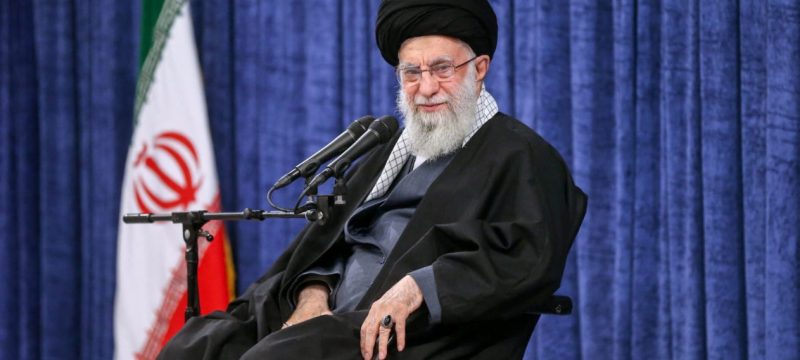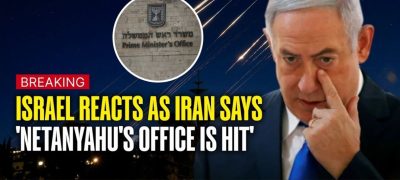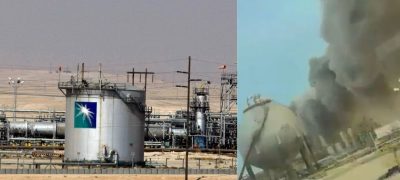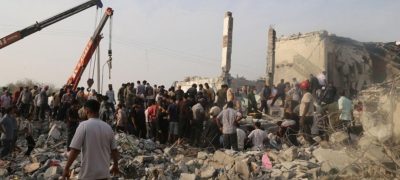Tehran has issued a stark warning to Gulf Arab states, emphasizing that allowing their airspace or military bases to be used for attacks against Iran is “unacceptable” and would provoke a strong response. The warning comes amidst escalating tensions with Israel and rising concerns over a broader regional conflict.
The Iranian warning was delivered as Foreign Minister Abbas Araqchi visited key Gulf nations, including Saudi Arabia and Qatar, to discuss regional security. Iran urged Gulf states to maintain neutrality in the ongoing tensions with Israel, stressing that any cooperation with Israel, such as providing airspace, would be seen as an act of hostility.
This warning follows an Iranian missile attack last week, which raised fears of Israeli retaliation. Israel has been launching strikes against Hezbollah and Iranian positions in Lebanon and Syria, and the situation threatens to spiral into direct confrontations between Israel and Iran. Iran’s message to Gulf states underscores the need for regional unity, particularly against Israel, which Tehran views as a common threat.
Read More: Iran Loses Contact with Quds Force Leader During Israeli Airstrikes on Beirut
In Washington, US President Joe Biden is expected to discuss potential military actions against Iran with Israeli Prime Minister Benjamin Netanyahu. Biden has previously cautioned against Israeli strikes on Iran’s nuclear facilities or oil infrastructure, fearing that such actions could escalate tensions and impact global oil prices. The US aims to restrain Israel’s response to avoid triggering a broader conflict in the region.
Although Iran’s recent discussions with Gulf states have not focused on oil production, there are concerns that Iranian oil facilities could be targeted in the event of Israeli retaliation. The Organization of Petroleum Exporting Countries (OPEC), led by Saudi Arabia, holds substantial spare capacity to offset potential disruptions in Iranian oil supply, but Tehran has warned that any Gulf state support for Israel could make them targets.
Despite a political rapprochement in recent years between Saudi Arabia and Iran, regional volatility remains high. The 2019 attack on Saudi oil facilities, which disrupted global supply, is a stark reminder of the potential consequences of renewed conflict in the Gulf. Although Iran denied involvement in that attack, it was widely blamed for it, adding to the complexities of Gulf security.
Further complicating the situation are the US military bases across the Gulf in Bahrain, Kuwait, Qatar, Saudi Arabia, and the UAE, which Iran is closely watching for signs of involvement in a potential conflict. Iran has stressed that Gulf states’ neutrality is the “bare minimum” it expects as tensions rise.
Meanwhile, the situation on Israel’s northern border with Lebanon is also intensifying. Hezbollah and Israeli forces have been exchanging fire, resulting in casualties on both sides, while Israeli airstrikes continue to hit Hezbollah targets in Lebanon. Israeli Prime Minister Netanyahu has warned of a prolonged conflict, which could lead to further regional instability.
As Biden and Netanyahu prepare for crucial talks, their discussions are expected to focus on preventing the conflict from escalating into a full-scale regional war, particularly given the sensitive nature of any potential strikes on Iranian infrastructure. The outcome of these talks could play a decisive role in shaping the future trajectory of the conflict in the Middle East.









